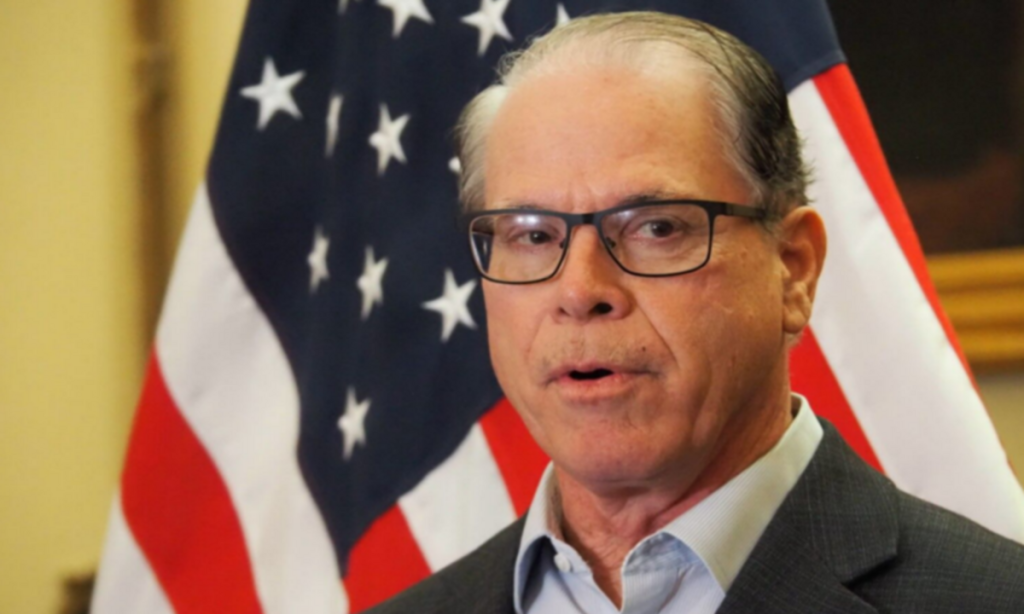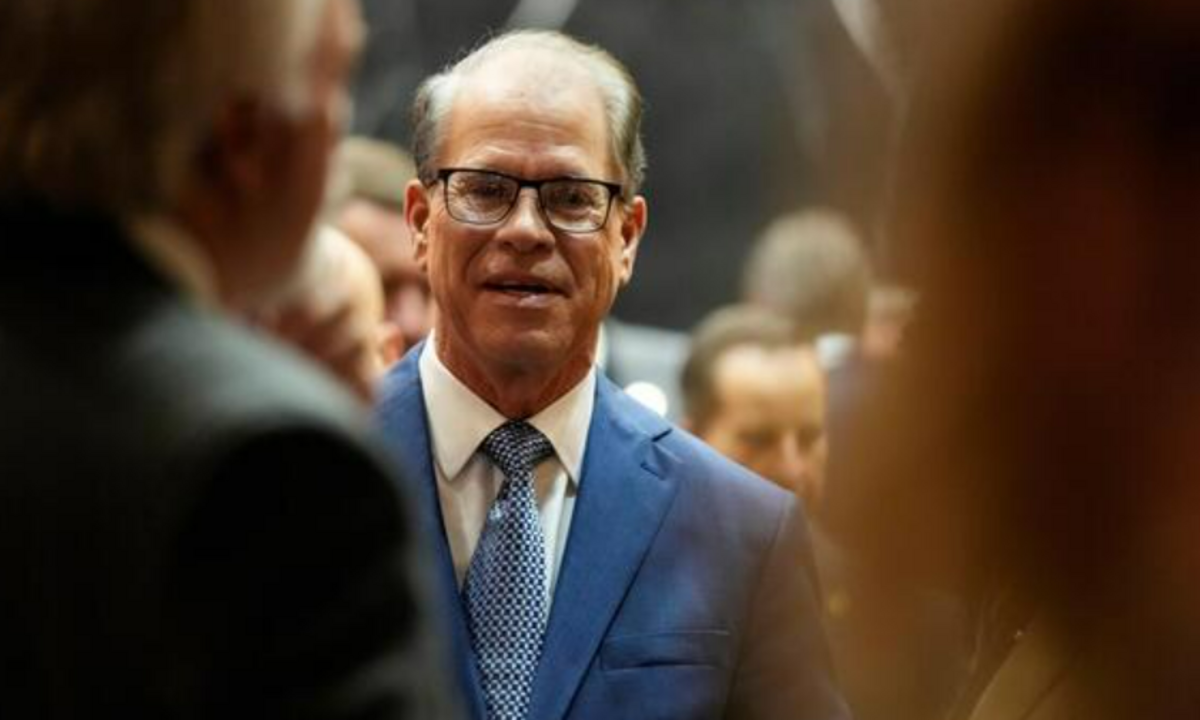Indiana Governor Mike Braun has appointed eight cabinet secretaries, each earning an annual salary of $275,000, making them some of the highest-paid state employees. This salary structure places them well above many other state officials, including the governor himself, who earns $134,051.
Five of the cabinet secretaries will also serve as agency heads, overseeing multiple government agencies under Braun’s newly structured administration. These appointments have increased the total salary cost for the governor’s top agency leaders by over $1 million compared to his predecessor, former Governor Eric Holcomb.
While Braun’s administration defends these salaries as necessary to attract highly qualified leaders, the decision has sparked debate among lawmakers and raised concerns about budget priorities.
Why Are the Salaries So High?
The Braun administration argues that these cabinet members bring significant expertise and have already played a role in cutting wasteful spending.
“Governor Braun is thrilled to have such highly qualified individuals in these key positions,” the administration said in a statement. “Some of these leaders have left higher-paying jobs to take on these public service roles, and they have already helped identify cost-saving measures in state government.”
Braun, who has emphasized fiscal responsibility, has directed state agencies to trim their budgets by 5% and find ways to save taxpayer dollars. His administration claims that the cost savings from these efficiency measures exceed the total cost of these salaries.
The state used existing salary guidelines from the Indiana State Personnel Department, which allows for salaries between $104,936 and $275,002 for agency heads and cabinet secretaries.
In addition to their six-figure salaries, each secretary is allowed to hire a chief of staff and an executive assistant, further adding to payroll costs.
Legislative Reactions: Praise and Criticism
State lawmakers have had mixed reactions to the news of these high salaries.
Senate Majority Leader Rodric Bray, a Republican from Martinsville, acknowledged the issue and suggested that Governor Braun has the right to assemble his administration as he sees fit.
“I think, obviously, we give Governor Braun some leeway to put his team together like he feels he needs to,” Bray told the Indiana Capital Chronicle.
However, Representative Ed DeLaney, a Democrat from Indianapolis, criticized the large salary increases, calling them excessive in light of budget constraints.
“The fact that these secretaries are making $50,000 more than the governor himself tells you that something is off,” DeLaney said. “Public service should require some level of sacrifice, not just a high paycheck.”
DeLaney also raised concerns about tight state revenues and increasing Medicaid costs, arguing that funding should be prioritized for essential services rather than high executive salaries.
State Budget Concerns and Revenue Growth
Indiana’s budget forecast suggests moderate revenue growth for the first year of its two-year budget cycle, followed by almost no growth in the second year.
A significant portion of this limited growth is expected to be consumed by rising Medicaid costs, prompting some lawmakers to question the timing of these high salaries.
Adding to the financial pressure, federal funding cuts—particularly concerning Medicaid—could further strain the state budget. If these reductions occur, Indiana may need to redirect resources to cover essential healthcare services.
How Do These Salaries Compare?
Despite the high salaries, six state employees still earn more than the new secretaries.
Danny Meadows, a psychiatrist at Logansport State Hospital, is the highest-paid state employee, making nearly $400,000 per year.
Several other state psychiatrists and neurologists also earn more than the secretaries.
However, the Indiana Transparency Portal does not include salaries from public universities or school corporations, meaning that some athletic coaches and higher education officials likely earn much more than Braun’s cabinet members.
What Happens Next?
As Braun’s administration moves forward, lawmakers will likely continue debating whether these salaries are justified or whether they contradict the governor’s message of fiscal responsibility.
With the state facing rising costs, potential budget shortfalls, and calls for increased public services, the paycheck size of top officials may remain a hot topic in Indiana politics.
Disclaimer—Our team has checked this article to ensure its accuracy and eliminate any misinformation. We are committed to providing clear and reliable information for our readers.


